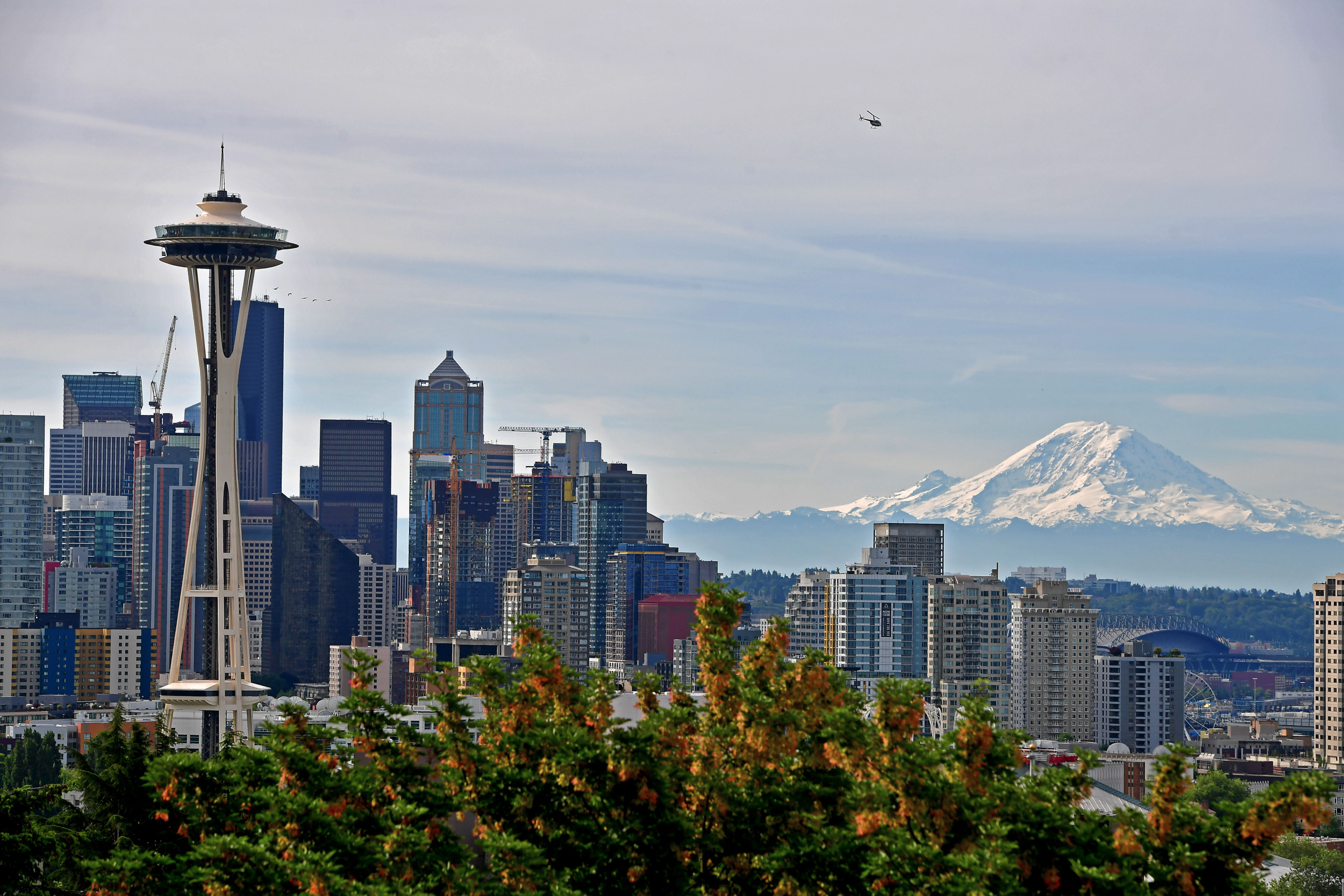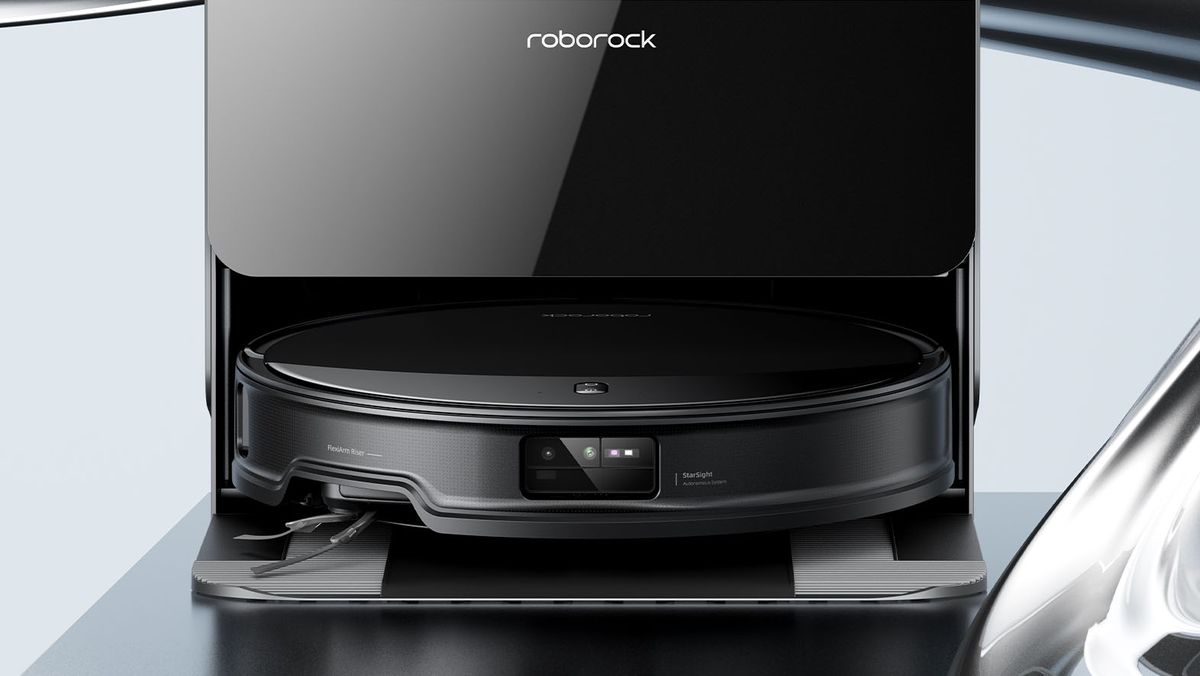Bussiness
Seattle’s record minimum wage hike sparks business closures

The Bebop Waffle Shop, a beloved café in West Seattle, closed its doors just days after Seattle’s new minimum wage of $20.76 per hour took effect Wednesday.
Bebop is one of several businesses in Seattle facing closure or financial strain as the city implements one of the nation’s highest wage laws. The new policy eliminates tiered wages and tip credits, creating uniform pay requirements for all employers.
Why It Matters
For tipped employees, the uniform wage eliminates previous credits that allowed small businesses to count tips toward total compensation. Business owners argue that this approach places an unsustainable burden on their operations, forcing many to make tough decisions about raising prices, reducing staff or closing entirely.
The new law, aimed at addressing income inequality, has generated debate over how cities can balance fair wages for workers with the financial realities of running small businesses.
What To Know
Under Seattle’s previous wage system, smaller businesses could pay as low as $17.25 per hour if tips or medical benefits brought total compensation to $20.28. The new law sets a flat minimum wage of $20.76 for all employers, regardless of size or the benefits offered.
For small-business owners like Corina Luckenbach, owner of the Bebop Waffle Shop, the increased costs were insurmountable. In addition to the financial burden of the wage hike, she cited inflation-driven food costs and decreased foot traffic due to remote work trends.
“This is financially just not going to make sense anymore. Because, just for me, the increase would cost me $32,000 more a year,” Luckenbach told Seattle TV station KCPQ.
The Washington Hospitality Association predicts restaurant closures in Seattle will rise by 5 to 8 percent this year because of higher labor costs.
Getty Images
“It’s just not sustainable,” Anthony Anton, president and CEO of the Washington Hospitality Association, which represents restaurants across the state, told The Seattle Times. Newsweek reached out by email to the association for further comment.
Others, however, expect the effect on businesses to be more modest, pointing out that the exact amount of the wage increase has been scheduled since the fall.
But worker advocates argue that the increase is essential for economic justice. Katie Wilson of Seattle’s Transit Riders Union said, “Workers and working families have really been struggling with rising costs of living. Getting a big wage increase will really help people as we move into 2025 to make ends meet,” according to the Times.
Where Minimum Wage Is Highest in U.S.
With the new measure in place, Seattle is now the major city with the highest minimum wage in the country, at $20.76 per hour. However, it is not the highest within the state. Burien tops the list with a minimum wage of $21.16 per hour. The second highest is Tukwila at $21.10, followed by Renton and unincorporated areas of King County, both at $20.29.
What People Are Saying
Isaac Seliger, grant writer, on LinkedIn: “Seems a city can’t have both huge minimum wage increases and the kind of quirky restaurants that make living in the city worthwhile. Like many other big cities, Seattle had decided to commit municipal suicide.”
Anthony Anton told Seattle radio station KNWN: “I think you’re going to find a fascinating economic setting in 2025. We’re going to see a lot of attempted changes for new ideas and new models.”
What Happens Next
Anton said local restaurants must adapt their business models to stay competitive in the years ahead.
Innovations like self-service kiosks and digital menus are already becoming standard. Additionally, more transformative changes are emerging, such as hybrid restaurant models that combine fine dining with fast-casual experiences.










